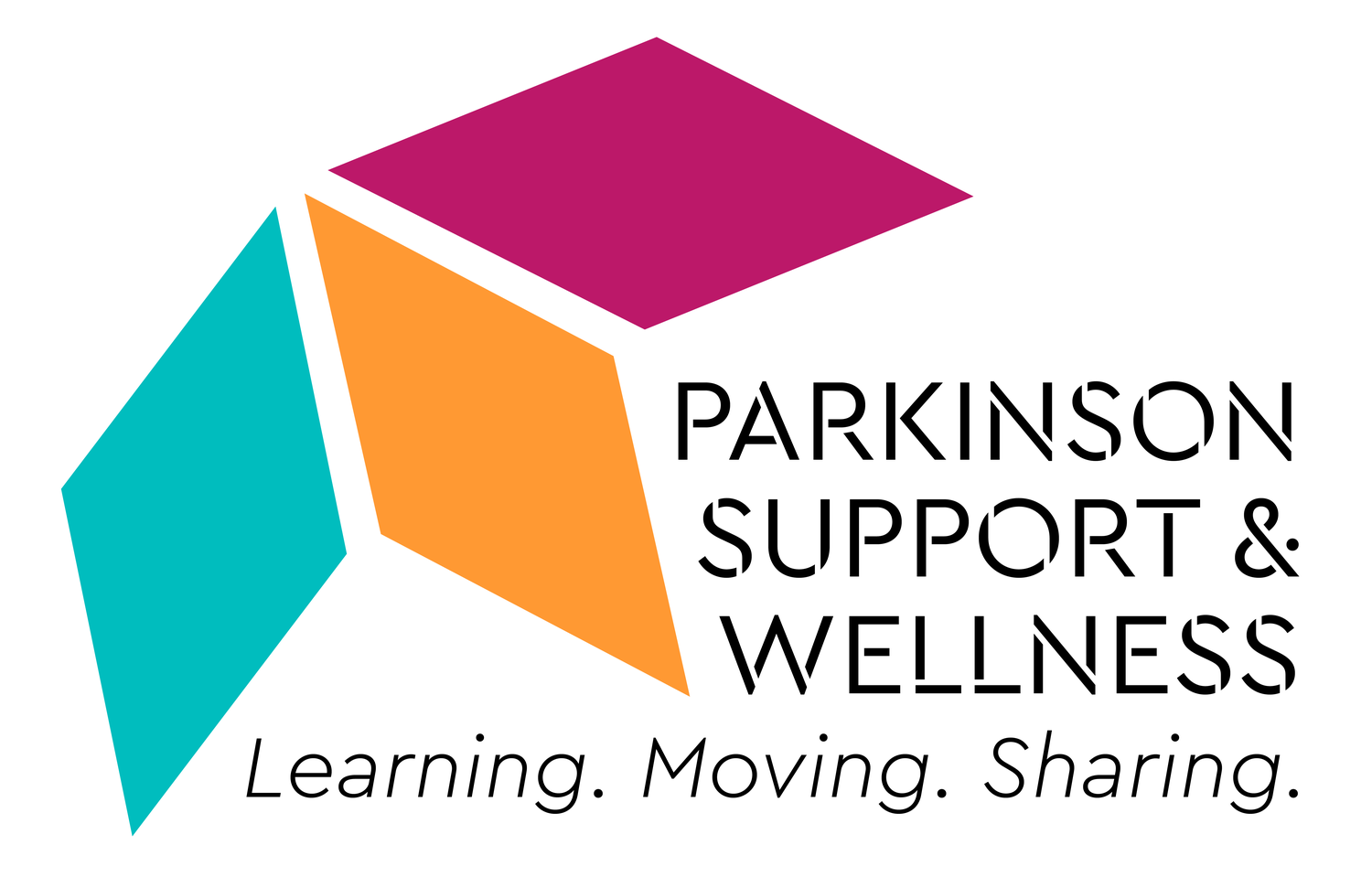Darlene’s Parkinson’s disease initially manifested itself with a quiver in her lip and progressed over 25 years to symptoms serious enough to warrant entry into a hospice program. As her caregiver, I have witnessed a decline characterized by relatively sudden (typically within months) onset of new symptoms followed by relatively long (typically years) “plateaus” of stability.
Caregiver's Corner: Valentine's Day
February can be a gray and dreary month in Ohio with the holiday rush behind us and Spring still several weeks away. Valentine's Day offers an opportunity to celebrate and recognize loved ones. Many special people can be acknowledged with a valentine wish— from a parent, to a friend, to a co-worker, to a physical therapist. Traditionally we think of romantic relationships as the true celebrants on Valentine's Day. So I have been pondering romantic and intimate relationships when navigating life with PD.
Caregiver's Corner: Thanksgiving
In thinking about a blog post this month I cannot help but think of Thanksgiving. It is so easy to think about the negatives of a Parkinson’s diagnosis for the person with PD and for their surrounding circle of family and friends. I want to stop and consider is there anything about a PD diagnosis that perhaps one can be thankful for or appreciate?
HAPPY HOLIDAYS with Parkinson’s disease
Caregiver's Corner | Cognitive Impairment in PD: A Plan for Caregivers
Dr. Johnna Devoto helps caregivers and PWPs find strategies for maintaining quality of life and live well with Parkinson’s disease. In this talk from our PD Edu series, Dr. Devoto helps caregivers create a plan for moving forward based on cognitive changes and mood disorders that may come into play down the road as you navigate a life with PD.
Caregiver's Corner: Janet Schmidt
Caregiver's Corner | Make a List
Caregiver's Corner | Caregiving Tips
Caregiver's Corner | Carole Ebner
Caregiver's Corner | Stan Schimerman
Darlene’s Parkinson’s disease initially manifested itself with a quiver in her lip and progressed over 25 years to symptoms serious enough to warrant entry into a hospice program. As her caregiver, I have witnessed a decline characterized by relatively sudden (typically within months) onset of new symptoms followed by relatively long (typically years) “plateaus” of stability.
Caregiver's Corner | Kathryn McGrew (part 3)
No one fully understands what your caregiving situation is like for you. No one. Not even other Parkinson’s caregivers; and ironically but maybe especially, not even the person you are caring for. Just as no two Parkinson’s “cases” are alike, no two caregivers, caregiving relationships, or caregiving situations are alike.
The Right Time to Add Support at Home: Supporting People with Parkinson’s Disease and Families
One of the most common questions from family members of people diagnosed with Parkinson’s disease pertains to when and how to get help at home for caregiving support of a loved one. Often people diagnosed with Parkinson’s disease and their loved ones struggle with knowing when to add support at home for everyone, and there are many complex and unique concerns for each family regarding their support system and life at home. There is not a “one size fits all” model for support at home, but there are some general benefits to adding support sooner than later. If you or your loved one are starting to wonder when to add support, it may be time to begin to plan to add support.
Caregiver's Corner | Kathryn McGrew (part 2)
No one fully understands what your caregiving situation is like for you. No one. Not even other Parkinson’s caregivers; and ironically but maybe especially, not even the person you are caring for. Just as no two Parkinson’s “cases” are alike, no two caregivers, caregiving relationships, or caregiving situations are alike.
Caregiver's Corner | Kathryn McGrew (part 1)
Eighteen years ago, when my husband was first diagnosed with Parkinson’s Disease, he forbade me to tell anyone for two years. He argued that it was his disease and therefore his story to tell at the time of his choosing. The fact that Parkinson’s Disease had happened to him was clear, but it had happened to me, too. It had happened to us.













